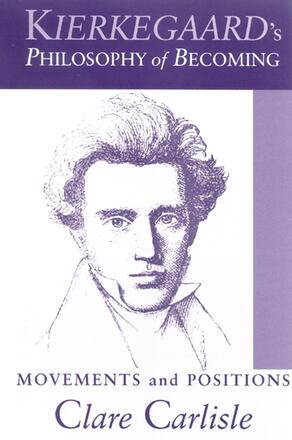
Kierkegaard's Philosophy of Becoming
Movements and Positions
Alternative formats available from:
An accessible and original exploration of the theological and philosophical significance of Kierkegaard’s religious thought.
Description
Søren Kierkegaard's proposal of "repetition" as the new category of truth signaled the beginning of existentialist thought, turning philosophical attention from the pursuit of objective knowledge to the movement of becoming that characterizes each individual's life. Focusing on the theme of movement in his 1843 pseudonymous texts Either/Or, Repetition, and Fear and Trembling, Clare Carlisle presents an original and illuminating interpretation of Kierkegaard's religious thought, including newly translated material, that emphasizes equally its philosophical and theological significance. Kierkegaard complained of a lack of movement not only in Hegelian philosophy but also in his own "dreadful still life," and his heroes are those who leap, dance, and make journeys—but what do these movements signify, and how are they accomplished? How can we be true to ourselves, let alone to others if we are continually becoming? Carlisle explores these questions to uncover both the philosophical and the literary coherence of Kierkegaard's notoriously enigmatic authorship.
Clare Carlisle is the Leverhulme Research Fellow at the University of Leeds, England.